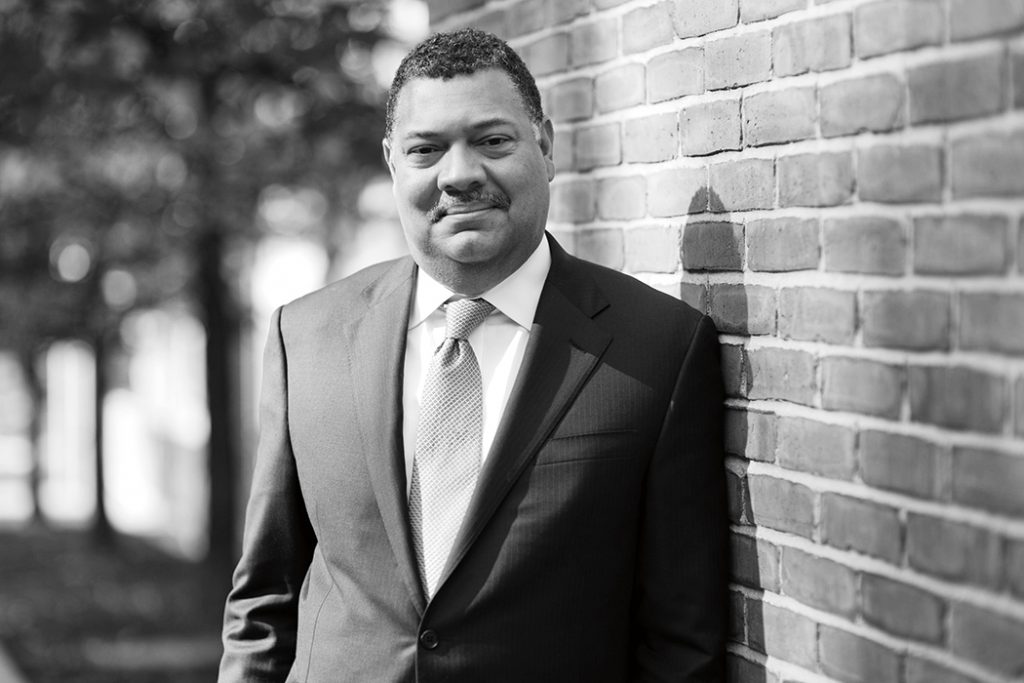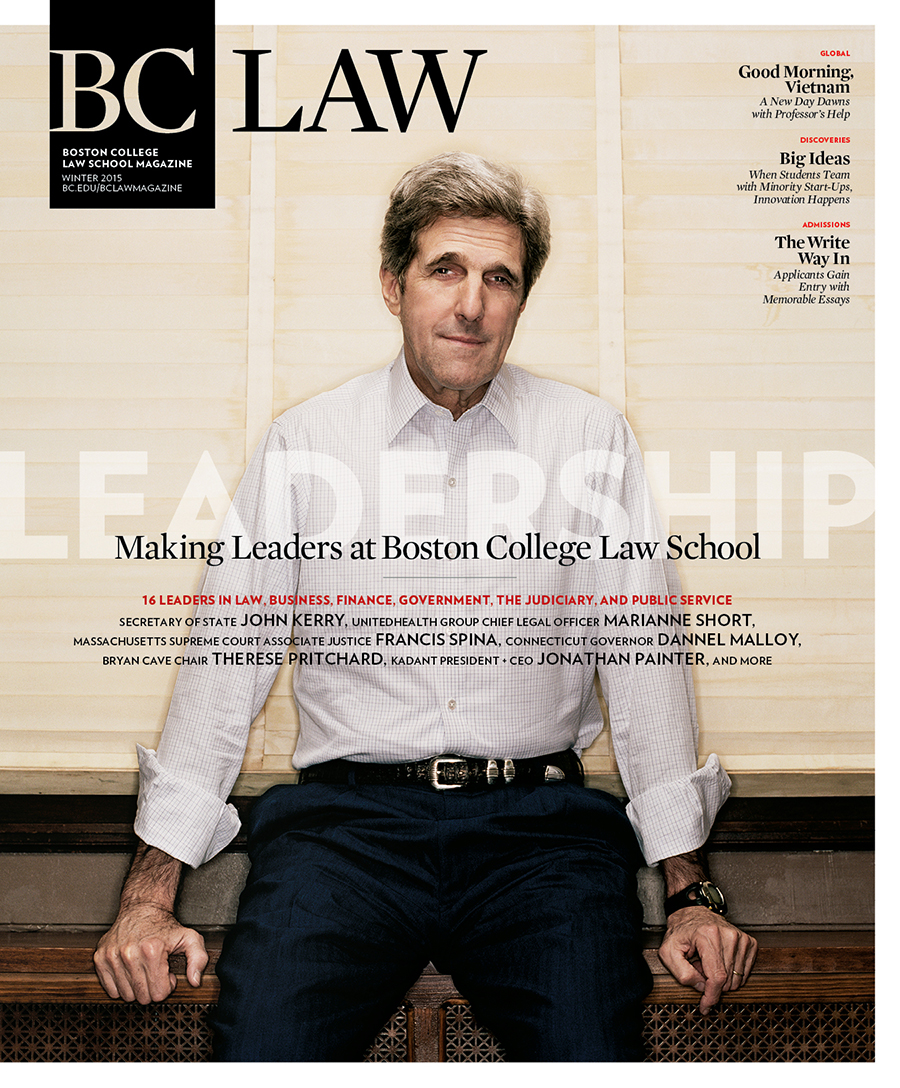When judged by its legislative accomplishments, the 113th Congress was one of the least productive in modern memory, eclipsed only by the session that immediately preceded it. The 113th Congress passed around 300 pieces of legislation.
The “do-nothing” Congress of 1947–1948, the only one other than the 112th Congress to come anywhere close in terms of legislative inactivity, managed to pass 900. So, it is not at all inaccurate to say that during the last four years, Congress did essentially “grind to a halt.” It certainly has ceased to function in the way the American people have come to expect since at least the Second World War. All this despite the fact that the nation faces extraordinary challenges in the environment, the economy, healthcare, immigration, infrastructure, and education, just to name a few areas of pressing concern.
As Congress concludes a period of historic inaction, we at BC Law are poised to make a more positive impact on law and public policy.
In December, we received a $7.53 million gift—the largest in our history—from the Phyllis and Jerome Lyle Rappaport Foundation to establish the Rappaport Center for Law and Public Policy at Boston College Law School (page 56). The Rappaport Center will position BC Law as one of the nation’s premier venues for research and dialogue on critical issues in our nation’s public life.
“Given the growing cynicism and dysfunction we are witnessing in our country related to government, most notably at the national level, this is a particularly auspicious time for BC Law and the Rappaport Foundation to launch this program.”
The center will administer the highly successful Rappaport Fellows program, which provides summer internships and stipends to twelve students from Boston-area law schools for work with leaders in public service and public policy throughout Greater Boston. An exciting new addition to the center’s work at BC Law will be the Jerome Lyle Rappaport Visiting Professor in Law and Public Policy. We plan to bring prominent figures in government and public policy to BC to teach, write, and speak on critical issues that draw upon their interests and expertise. We hope to announce our first Rappaport Visiting Professor this spring and anticipate that he or she will join us for the 2015–2016 academic year.
Given the growing cynicism and dysfunction we are witnessing in our country related to government, most notably at the national level, this is a particularly auspicious time for BC Law and the Rappaport Foundation to launch this program. The Commonwealth of Massachusetts is fortunate to have a strong tradition of engaged citizens and skilled public servants, as well as an admirable history of public policy innovations that often have served as models for the rest of the nation. Both BC Law and the Rappaport Foundation have long played important roles in educating and nurturing men and women for leadership positions in both the public and private sectors in Massachusetts, and we will continue to add to this cadre of leaders in the years ahead.
Professor Mike Cassidy will lead the center as its faculty director. As he has said on a number of occasions, educating lawyers for service and leadership is part of our DNA at BC Law. Our Jesuit Catholic mission compels us to recognize the responsibilities the legal profession has to the community at large, and as a consequence, BC Law alumni have long been at the forefront of addressing important public policy questions through their work as lawyers and as public servants. Our partnership with the Rappaport Foundation is a natural outgrowth of this history of engagement, and we are proud to begin a new chapter of this work.
Photograph by Suzi Camarata



